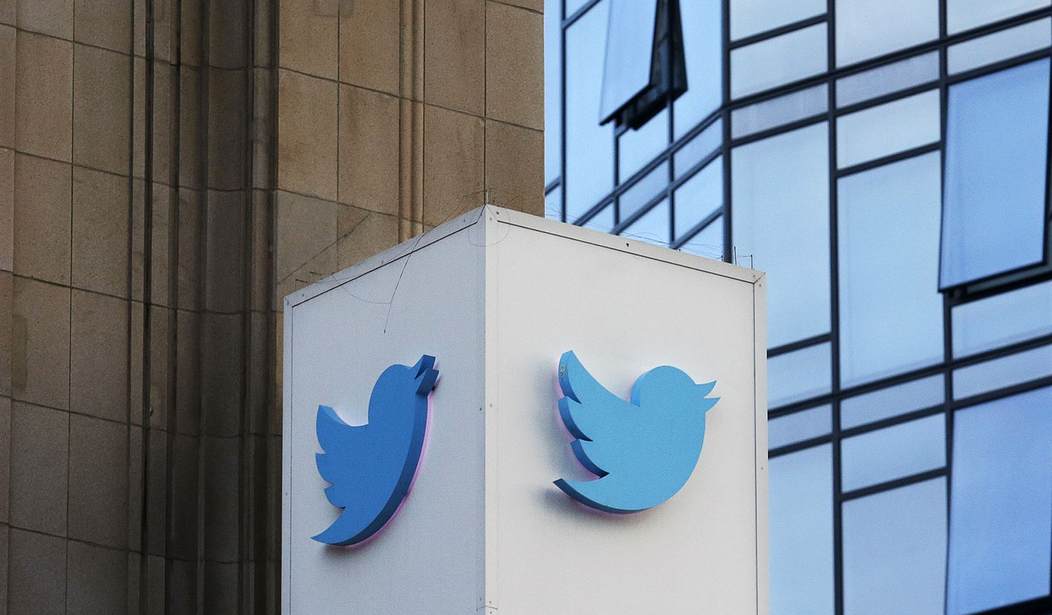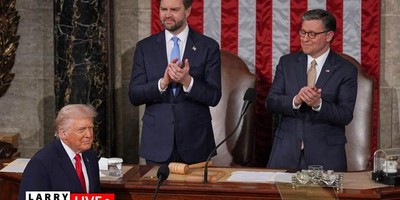ESTES PARK, Colorado -- I often say that what happens on Twitter isn't a reflection of American life in the real world.
The facts mostly back that up. Last month, a Pew survey showed only about 22% of U.S. adults say they use Twitter. Twitter users skew younger, identify more as Democrats, are more educated and have more money than the other 78% who don't use it.
Experiences back that up as well. Halfway through a 16-state back-road trip across the country, I've had many people -- both conservative and liberal -- tell me that if they use Twitter, they don't use the social media platform in the way we assume they do.
They mostly observe. And what they see often makes them not want to jump into the discussion.
They also worry about how Twitter is used as a blunt-force weapon to punish those with unpopular views, diminishing a healthy discourse to debate differences. They are not wrong.
The Twitter experience gives people pause about expressing their views on anything, because anything these days, even a cat video, is just one keystroke from becoming a political hot potato.
This is not a small problem. We should be able to have a normal political debate. America was founded partly in a fight to express political disagreement.
Many of us have not-too-distant ancestors who escaped oppressive societies, kingdoms, dictators and/or countries so they and their children could express dissent. And yet, social media has become a place where it can be downright dangerous to do so.
What have we created? We have been given a technological gift, and we've abused it in the worst possible way. Social media might have allowed us to engage in the kind of open discourse that is the lifeblood of democracy.
Instead, said Youngstown State University political science professor Paul Sracic, we are using it to censor ideas we don't like or that we think are wrong: "The problem is that we don't understand democracy. Democracy is not about truth. Democracy, or voting, is what we do when we don't know the truth."
Recommended
The Catholic Church is not a democracy, and that's because it claims to possess religious truth. When it comes to questions of doctrine, voting would be a form of heresy. But whenever we don't know the truth, we want to engage as many voices as possible.
"Nowadays, however, both extremes on the political spectrum feel that they have absolute truth. So, our political wars have become like the old religious wars, and 'error has no rights,'" said Sracic.
"So instead of informing us, social media makes us more ignorant by denying us the right to be wrong," he lamented.
If we are not exposed to contradictory ideas from which we might learn because we are afraid of either being ruined by a social media attack or so turned off by the vitriol and intolerance against opposing views, we will eventually hibernate within a tribe that looks and feels closest to us.
And we become our lesser selves because of it.
The truth is it is only by confronting and answering arguments against our own positions that we can thoroughly understand our own beliefs.
Sracic points to a line by G.K. Chesterton: "It is not bigotry to be certain we are right; but it is bigotry to be unable to imagine how we might possibly have gone wrong."
Nothing is new under the sun; silencing our political enemies is a very old political problem. What is new is how many people are trying to silence you.
Or at least place just enough fear in you that you choose not to engage.
Writing back in 1787, in the first of what we now know as the Federalist Papers, Alexander Hamilton warned his readers: "So numerous indeed and so powerful are the causes, which serve to give a false bias to the judgment, that we upon many occasions, see wise and good men on the wrong as well as on the right side, of questions of the first magnitude to society. This circumstance, if duly attended to, would furnish a lesson of moderation of those, who are ever so much persuaded of their being in the right, in any controversy."
Sracic said Hamilton also cautioned, "in politics as in religion, it is equally absurd to aim at making proselytes by fire and sword. Heresies in either can rarely be cured by persecution."
The larger question becomes: What if Twitter does become real life? What if we were to confront strangers in person daily the way many people do on the platform?
Imagine walking down the street wearing a T-shirt with your favorite band on it and having someone get in your face because he had a bad experience at one of the band's concerts. Or drinking coffee that someone says once offended him politically and experiencing him publicly accuse you of being a bigot. Or being mobbed by dozens of people for smiling at a joke a comedian makes because they find the jokes offensive.
Twitter is a community you join. Throughout our young history, joining and forming associations and communities was an American pastime observed with awe by French historian Alexis de Tocqueville, who noted not just that we are forever forming them but that our society and the forming of our country greatly benefited from them.
So, does our society benefit from Twitter? Or do we need to amend Tocqueville's conclusions about the virtue of American-made communities?
There are no easy answers here. As someone who sees a diverse variety of human interaction both online and in person, my best observation is this: When we replace the human-level communities we thrive in -- such as religion, civic responsibility, education and volunteerism -- with communities online that give us a false sense of power, we are heading down the path of failure.

























Join the conversation as a VIP Member